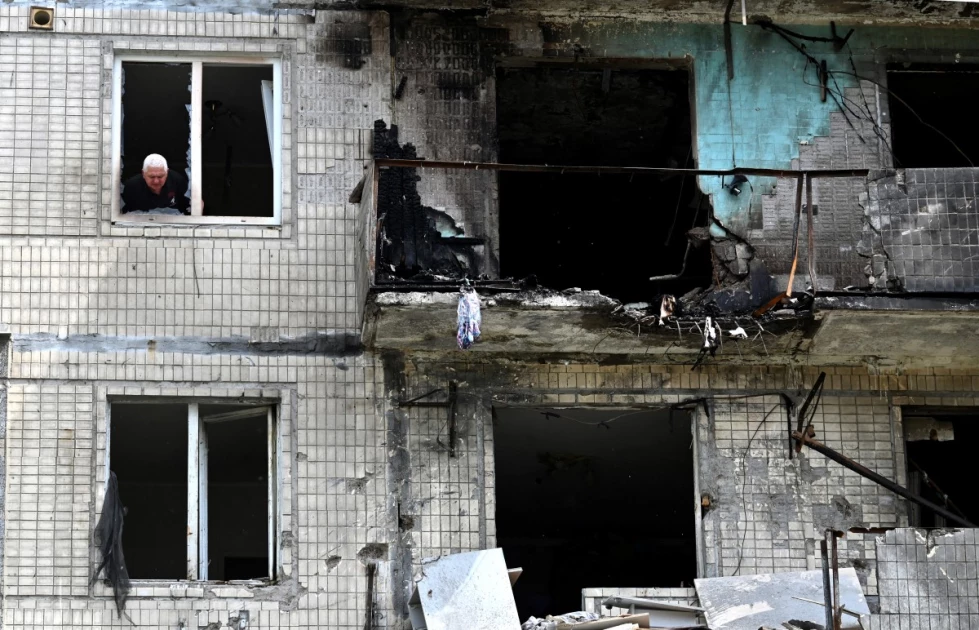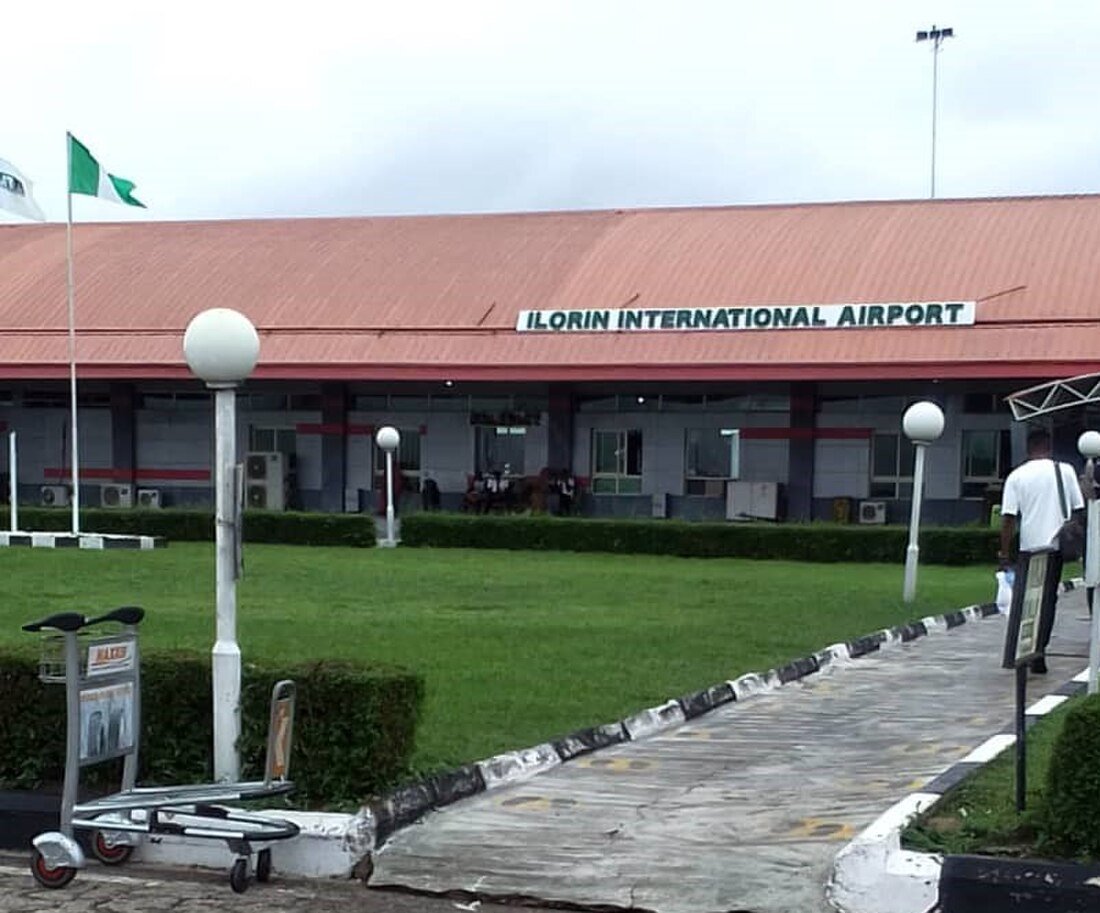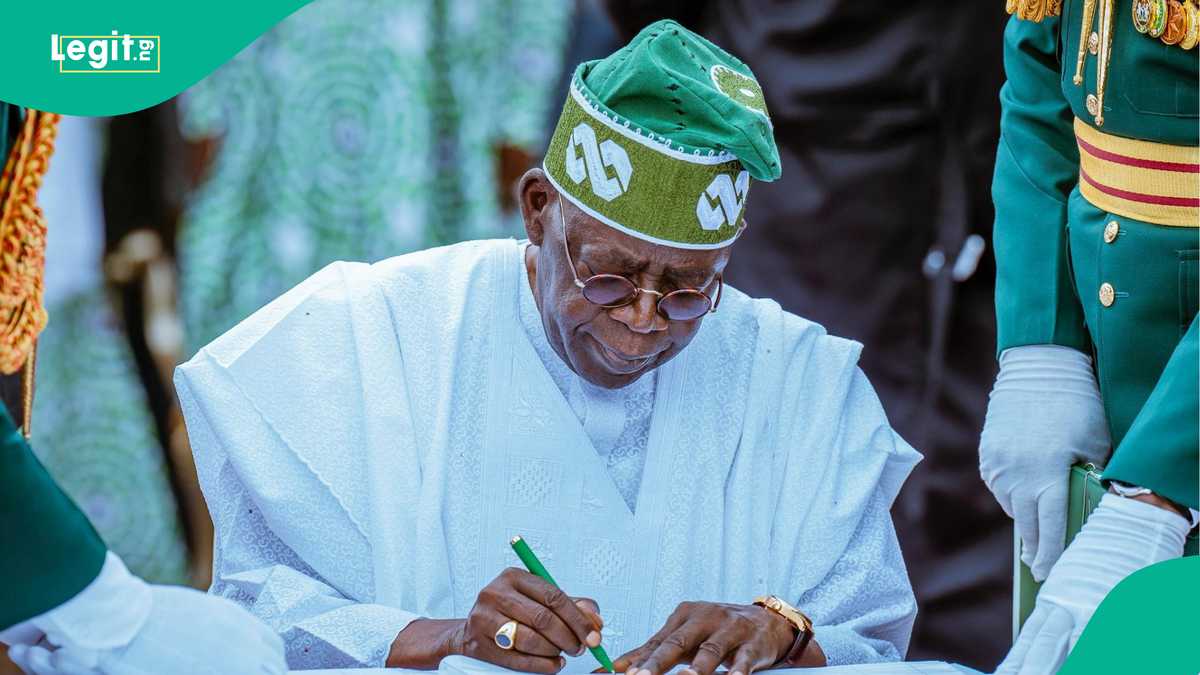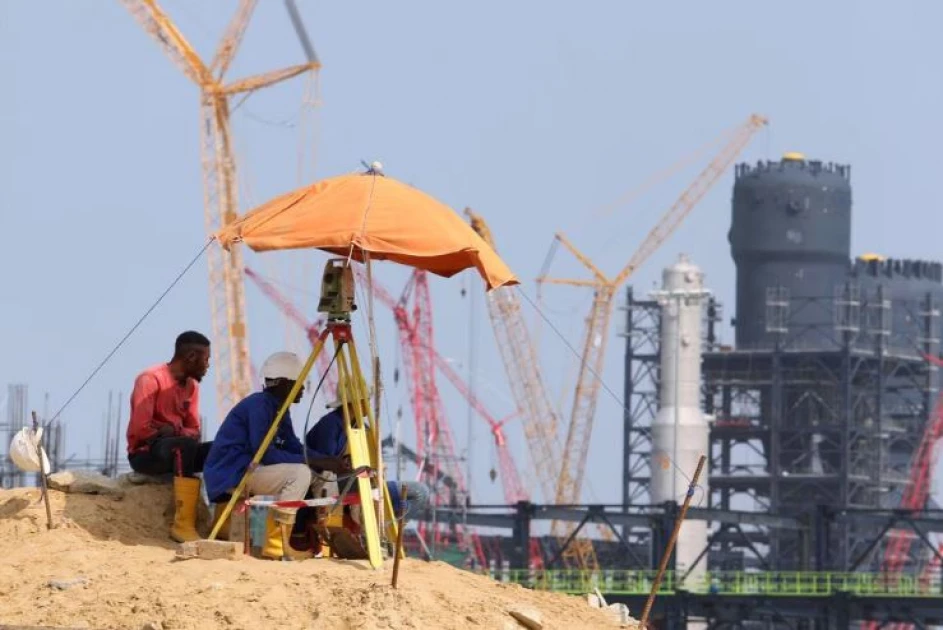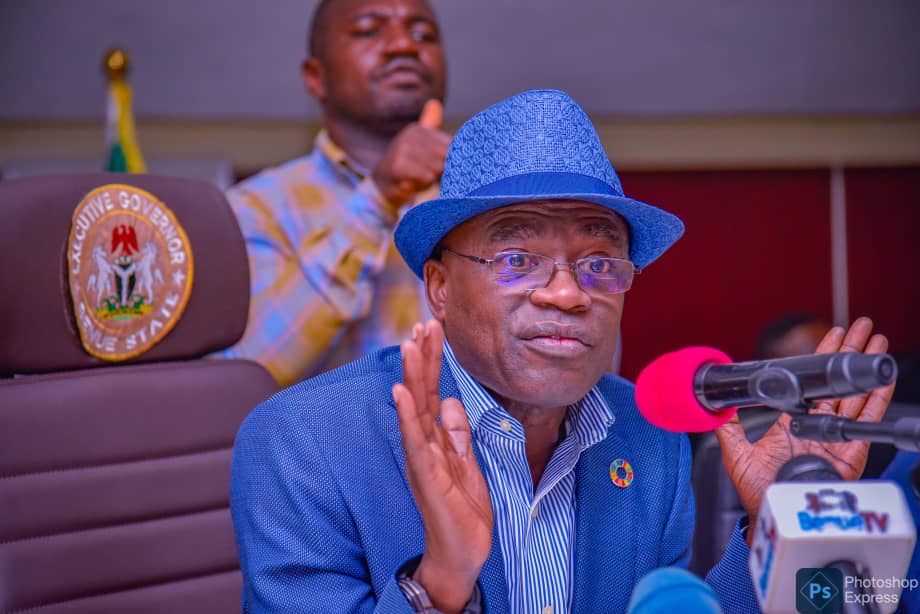Mixed feelings as Tinubu clocks two years in office - Businessday NG
Two years into President Bola Ahmed Tinubu’s administration, Nigeria stands at a crossroads, hailed by some for its bold economic reforms but haunted by deepening poverty, relentless insecurity, and widespread public discontent.
While government officials and business elites praise the removal of fuel subsidies and foreign exchange reforms as visionary, millions of Nigerians say the cost of survival has never been higher, as inflation surges, insecurity persists, and promised palliatives fall short.
When Tinubu assumed office, he wasted no time in announcing the end of fuel subsidies, a move long considered necessary by economists. The Central Bank of Nigeria was also overhauled, leading to a unified exchange rate and attempts to control excess liquidity. These reforms were applauded internationally but have triggered massive local disruptions.
Fuel prices tripled, and with it came inflationary pressure on virtually every good and service. The naira has continued to fluctuate, and although it has shown signs of recovery in recent weeks, prices have not followed suit.
A recent assessment by the International Monetary Fund (IMF) acknowledged that the Nigerian government has made significant moves to stabilise the economy, particularly through the removal of fuel subsidies and the liberalisation of the foreign exchange market. However, the IMF noted that these efforts are “yet to benefit all Nigerians as poverty and food insecurity remain high.”
Supporting this concern, a joint report by the World Bank and the National Bureau of Statistics (NBS) estimates that more than 129 million Nigerians, over half of the country’s population, now live below the national poverty line, a steep rise from 104 million in 2023. Experts link this surge to the combined pressures of subsidy removal, soaring inflation, and stagnation in the job market.
Although the federal government introduced the Renewed Hope Conditional Cash Transfer Scheme to cushion the effects, aiming to distribute N75,000 each to 15 million households over three months, the programme has faced significant implementation challenges. Civil society organisations have criticised the initiative as inadequate, describing the intervention as “too little, too late” amid deepening economic distress.
“You can’t give it an excellent mark, I mean, you just can’t,” Seun Onigbinde, the co-founder of BudgIT, said in an interview with BusinessDay, assessing the performance of the administration since its inauguration in May 2023. “I don’t feel like they’ve done too well on the economy.”
According to him, the removal of petrol subsidies, a defining policy of the administration, was not matched with adequate and timely cushioning measures, leaving many Nigerians in deep economic distress.
“There was too much lag between when the subsidy was removed and when the palliatives came. It took more than a year to even approve the new minimum wage,” he said. “Even till now, a lot of states haven’t implemented it. The federal government itself is still struggling. See how much pressure had to be done for NYSC to comply.”
While Nigerians were still battling with the effects of fuel subsidy removal and unification of exchange rate, in April 2024, the Nigerian Electricity Regulatory Commission (NERC) approved a steep tariff hike for Band A electricity consumers, from N68/kWh to N225/kWh, triggering outrage across the country. Although later revised to N206.8 and again to N209.5/kWh, the over 200% spike sent shockwaves through businesses, households, academic institutions, and even the corridors of power.
The impact on the manufacturing sector has been especially severe. According to the Manufacturers Association of Nigeria (MAN), companies spent N1.11 trillion on alternative energy in 2024, a 42% rise from the previous year.
“On a half-on-half basis, electricity supply rose from 11.4 hours per day in H1 2024 to 15.2 hours in H2 2024. However, electricity tariffs surged by over 200 per cent for Band A consumers, significantly increasing manufacturing costs,” Segun Ajayi-Kadir, the director-general of the MAN, said in the report titled “MAN Economic Review for the Second Half of 2024”.
“While power availability improved, many manufacturers faced frequent outages and costs, as the country witnessed 12 national grid collapses. This remained a major concern.”
The ripple effect has been visible in factory closures, job losses, and increased product costs, worsening inflation and weakening Nigeria’s industrial base.
Small businesses, which account for 84 percent of employment in Africa’s most populous nation, are grappling with reduced demand and unaffordable input prices.
Unemployment, which stood at 4.3 percent in the second quarter (Q2) of 2024 under a revised methodology, is projected by some private consultancies to be over 30 percent when underemployment and informal job losses are factored in.
While millions of Nigerians continue to express frustration over worsening economic conditions, some members of the business elite have lauded the Tinubu administration’s policy direction.
Billionaire Femi Otedola,chairman of First HoldCo, parent company of Nigeria’s oldest lender, First Bank, commended the “tough but necessary” reforms, praising them as evidence of Tinubu’s “bold and visionary leadership.” His comments came in a statement issued after First HoldCo’s 13th annual general meeting held in Lagos on Thursday.
The company reported a 118.1 percent surge in net profit, reaching N677 billion, with interest income contributing 74.6 percent of total revenue.
“The unification of the FX market has reduced volatility and improved transparency,” Abdulfatai Adedeji, a research fellow at the Centre for the Study of Economies of Africa (CSEA), explained. “And the removal of fuel subsidies has eased fiscal pressure, increasing FAAC allocations to states and boosting market competition in the downstream sector.”
But he’s quick to caution that these benefits are fragile. “The adjustment costs have been steep, more Nigerians are falling into poverty, and the middle class is vanishing,” he said.
“Reforms in Nigeria often lack adequate safeguards and transparency, which prevents benefits from reaching those most in need.”
Insecurity is once again escalating across Nigeria, with the North East bearing the brunt of renewed violence. A recent report by Nextier SPD, titled “Re-thinking Nigeria’s Counterinsurgency Strategy: The Aftermath of the Boko Haram Resurgence,” revealed that over 300 people, including soldiers, were killed by Boko Haram insurgents within a five-week period.
In Benue State, the nation’s food basket, worsening insecurity has pushed food inflation to 51.76 percent year-on-year as of April 2025, underscoring the deepening crisis.
The North Central region, especially Plateau State, continues to suffer from persistent attacks by terrorists and bandits. Over the past two years, hundreds have been killed, with more than 100 civilian casualties recorded in separate incidents across Plateau in April alone, another chapter in the state’s long-standing ethno-religious conflict.
In the North West, notorious bandit leaders like Turji Bello continue to operate freely, abducting residents and extorting farmers, despite government claims of military victories.
The threat of violence also looms large in the South East and South West, where armed herdsmen and kidnappers remain active. Just days ago, Nelson Adepoyigi, chairman of the All Progressives Congress in Ward 5 of Ose Local Government Area in Ondo State, was killed by kidnappers who had abducted him at the entrance of his farm, despite receiving a N5 million ransom.
“Farmers are scared to journey into their farmland either for sustainable or commercial agriculture. Fear has gripped business operators. Travellers are scared of travelling through the state,” Damilola Olufemi, a journalist and public affairs commentator, lamented in a recent op-ed titled “From sanctuary to danger zone: Ondo’s fading safety record”.
Our reforms are working – President
Speaking at the All Progressives Congress (APC) National Summit held at the State House banquet hall in Abuja on Thursday, Tinubu defended his administration’s performance, insisting the ruling party has not failed Nigerians.
“Two years ago, we embarked on this journey, propelled by a bus of hope and abiding faith in Nigeria. Together, we pledged to confront Nigeria’s challenges head-on by rebuilding trust and fostering prosperity,” Tinubu said.
“Today, I am proud to affirm that our economic reforms are working. There’s nothing good that comes easily. The subsidy is gone, and it was removed for the good of this country.”
At the same event, the APC formally endorsed Tinubu as its sole candidate for the 2027 presidential election.
Abdullahi Ganduje, APC national chairman, made the declaration, stating, “As the chairman of the party and on behalf of the National Working Committee, the only legally recognised platform to field a candidate, I hereby affirm the various endorsements and declare President Bola Tinubu as the sole presidential candidate of the APC.”


